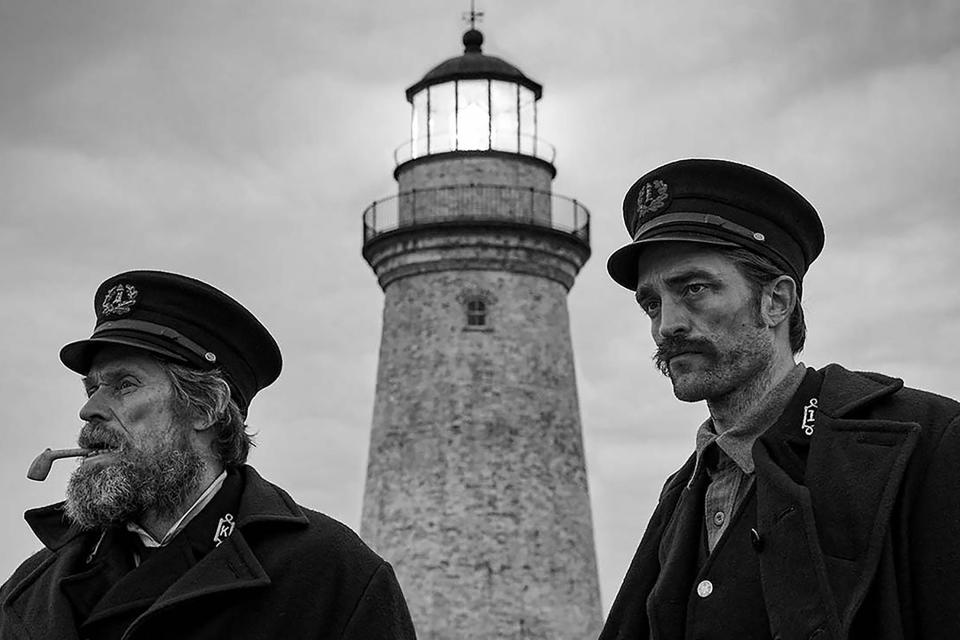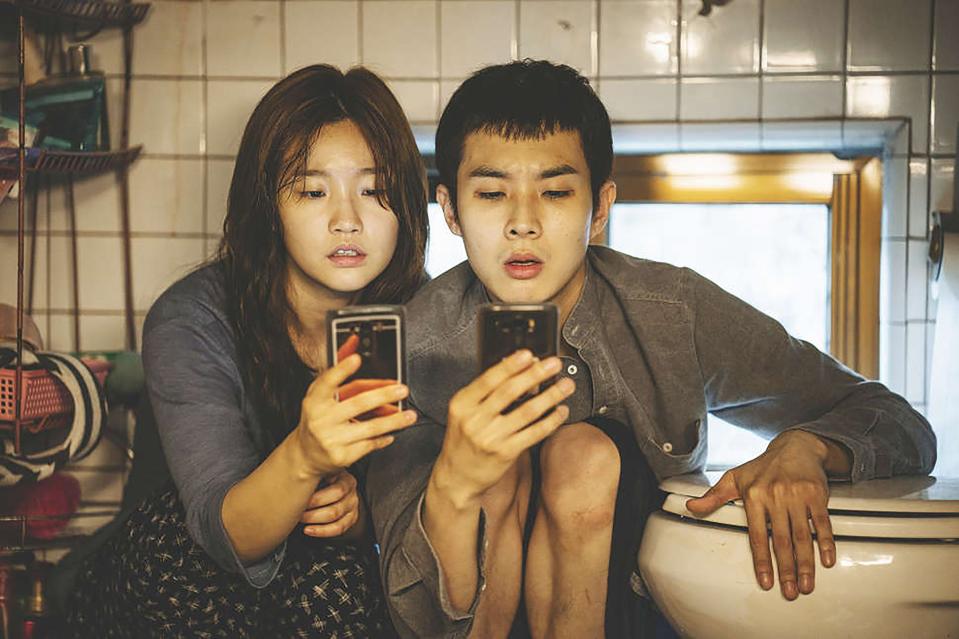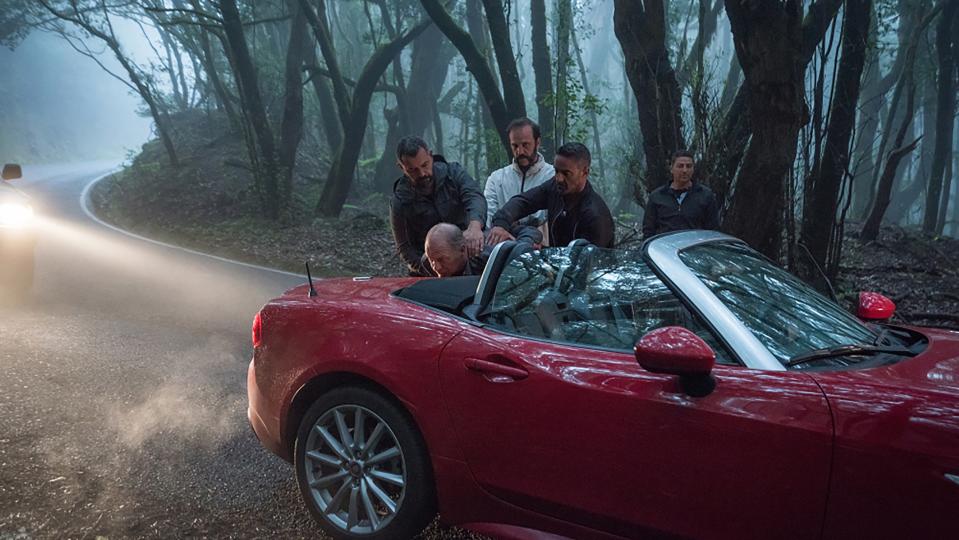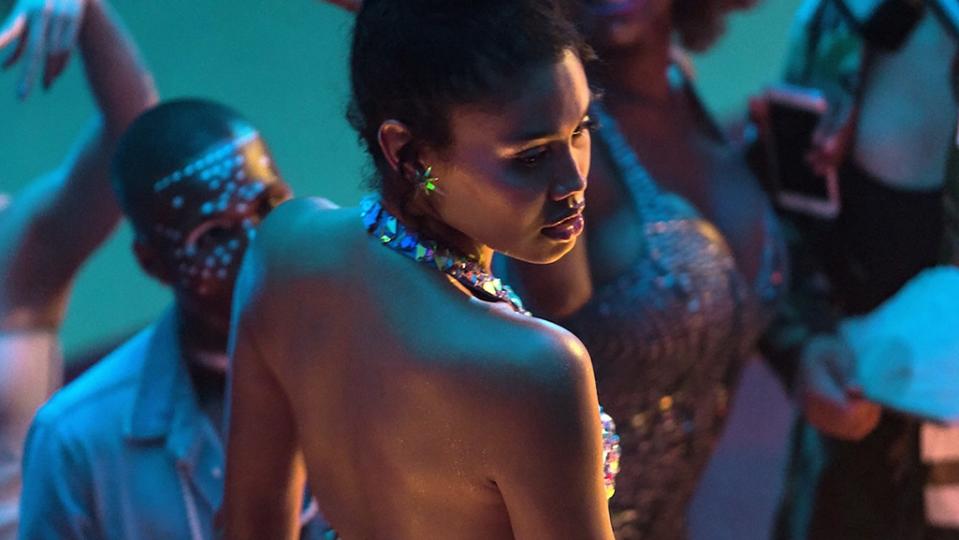5 Under-the-Radar Cannes Films Critics Are Buzzing About
The 2019 Cannes Film Festival wraps up this weekend, and with it another year of astonishing glamour and improbably long standing ovations. As ever, filmmakers from around the globe flew in to participate, touting their latest, flashiest projects—from Quentin Tarantino’s highly anticipated Once Upon a Time in Hollywood (ostensibly part buddy movie, part true-crime drama, starring Leonardo DiCaprio, Brad Pitt, and Margot Robbie) to the Elton John biopic Rocketman and Pedro Almodóvar’s Pain and Glory with Antonio Banderas and Penélope Cruz—along with scads of much smaller, artier works, the kind that can make unlikely stars of formerly unknown auteurs. (See, for instance, Paul Thomas Anderson, Steven Soderbergh, and Tarantino himself some 25 years ago.) Sure, it’s the commercial stuff that keeps Hollywood hale and hearty, but without an undertow of raw invention, filmdom as we know it would cease to exist.
So, as spring gives way to summer, and summer to prestige-film season, here are five of the slightly more niche films from Cannes well worth keeping on your radar.
Portrait of a Lady on Fire
Over the last six years, Blue Is the Warmest Color, Carol, and The Handmaiden have all come through Cannes, each mining both the complexities and the rapture of lesbian love more compellingly than the last. With this year’s festival comes Céline Sciamma’s period piece Portrait of a Lady on Fire (or Portrait de la jeune fille en feu) about a painter, Marianne (Noémie Merlant), and her unwitting subject, an as-yet-unmarried young woman named Héloïse (played by Adèle Haenel). Restrained by social conventions, their eventual courtship is a slow burn, eschewing much of the breathless physicality that made Blue Is the Warmest Color’s premiere such a sensation. In fact, Variety’s Peter Debruge observed in his review, “In virtually every way, Sciamma’s rigorously scripted, formally controlled film is the opposite of Abdellatif Kechiche’s 2013 Palme d’Or winner.” In Portrait, Debruge maintains, “the payoff for all the film’s sexual tension proves to be largely intellectual.” From the strength of its dreamy stills (and a few agonizingly short clips) alone, we’re sold.
The Lighthouse

Much like his erstwhile screen partner Kristen Stewart, Robert Pattinson has enjoyed a frankly astonishing transformation from reluctant heartthrob to indie darling (and, apparently, our next Batman). With The Lighthouse, from the American director Robert Eggers (The Witch), Pattinson and costar Willem Dafoe both burrow even further into the off-kilter. The film centers on a grizzled lighthouse attendant (Dafoe, fresh off of two consecutive Oscar nominations) stranded on an island with his assistant (Pattinson, last seen alongside Juliette Binoche in Claire Denis’s High Life) during a storm in turn-of-the-20th-century New England. Much has already been made of the film’s tight 1.19:1 aspect ratio (a visual shorthand for the characters’ maddening confinement), as of the punishing conditions of its Nova Scotia shoot; but by all accounts, both Pattinson and Dafoe serve up richly realized portraits of two men on the brink.
Parasite

Parasite, from director Bong Joon-ho (Okja), is a sometimes comic, sometimes devastating examination of class conflict in modern South Korea (a theme also memorably engaged in last year’s Burning, from Lee Chang-dong). Variously described as a satire, a crime thriller, and a “family tragicomedy,” Parasite—which sees a poor family connive its way onto a rich family’s payroll—has been praised for its artful merging of the madcap and the urgently real: “As heightened as Okja, but as realistic as Mother, it proves once and for all that with Bong Joon-ho—as with the hyper-stratified systems that he invariably depicts—the more things change, the more they stay the same,” IndieWire’s David Erlich wrote.
“The initial title of the film was actually The Décalcomanie,” Bong told The Hollywood Reporter this month, also speaking to the tension that exists in his work between appearances and reality. “When you look at the final results of a decalcomania or decal, both sides look identical at a first glance,” he said. “This kind of explains something about these two families. They look similar and maybe even identical, but they’re not.”
The Whistlers

Fans of Eastern European noir will fall fast and hard for the twisty thriller The Whistlers (or La Gomera), the latest from Romanian director Corneliu Porumboiu. It follows a corrupt Romanian police officer (Vlad Ivanov) who becomes involved in a vast drug-money laundering scheme and a dangerously complicated love affair. La Gomera is the island in the Canaries where the money is headed—and where our protagonist, Cristi, is spirited to learn silbo, a kind of ancient whistled Spanish employed by the mobsters to communicate covertly. “I learned of [silbo’s] existence 10 years ago, on television,” Porumboiu has said. “I had just finished Politist, Adjectiv, the central premise of which centered on language and the way it can be used as a political weapon. Silbo seemed to me to be an opportunity to continue my exploration of that theme.” He adding that with silbo, “you can encode a spoken language. In a way, cinema is also a type of language, capable of encoding reality.” Deemed an “elegant and stylishly crafted piece of entertainment” by The Guardian, it sounds like an ideal diversion for fans of Netflix’s Money Heist and Amazon’s Mammon and Informer.
Port Authority

In something of a banner year for Cannes, the 2019 festival has welcomed both its first black woman director into the main competition (Mati Diop, who presented her narrative feature-film debut, Atlantics) and its first film starring a trans woman of color, Port Authority. The latter comes from first-time director Danielle Lessovitz (with support from executive producer Martin Scorsese and is led by the alluring actress and model Leyna Bloom as Wye, a black voguer, and the English actor Fionn Whitehead as Paul, the cis white drifter who calls in love with her. With the gritty Harlem ballroom scene as its backdrop, Port Authority thrives on the propulsive energy of its sprawling cast, the vast majority of whom had never acted before. “Many of our actors come from underprivileged backgrounds and have been homeless at various points in their lives, often as a result of being ostracized by their families for being queer,” reads the GoFundMe page that ultimately helped to finance their airfare to Cannes. “The kiki scene is where they find family and acceptance. These young people have breathed such life into the film, and we want to make sure they are able to come to France to celebrate their achievement at the Cannes Festival.” Happily for them (and for us!), it worked out, and Port Authority screened to rave reviews. Fin.
Originally Appeared on Vogue

